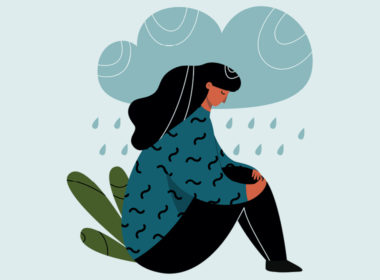Learning to live with disappointment is a sure-fire way to build resilience.
T
he disappointment of not getting what we want is one of our earliest experiences in life. Until we understand that it’s not acceptable to roll around on the floor just because the favourite drink isn’t available, we initially react to unfulfilled expectations with screaming, crying or full-on temper tantrums.
As we grow up, we learn to express our disappointments within culturally acceptable parameters. Moreover, when we hear people around us say things like: “expectation is the root of all heartache” or “if you always expect the worst, you can never be disappointed”, we begin to accept that things often won’t work out. Still, we continue to hope that the special relationship will happen, that the promotion will eventuate, that our trust will be rewarded.
But what do you do when the relationship doesn’t ensue, the promotion doesn’t happen, or the trust is broken?
Can you safeguard yourself from disappointment? The short answer is no. As long as hope persists, you will experience disappointment. Because without hope, you wouldn’t set any goals or, for that matter, get out of bed in the morning.




